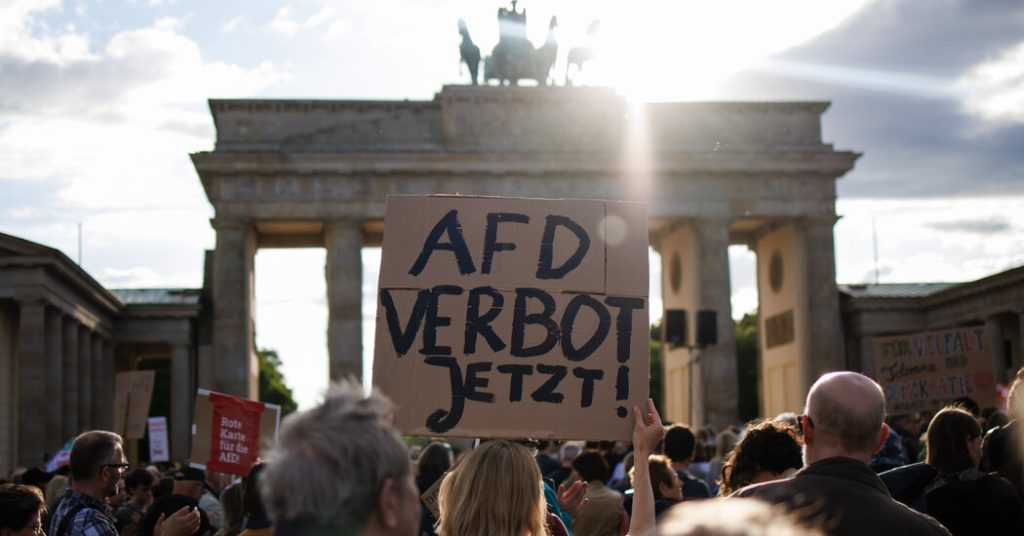The far-right Alternative for Germany party, known as AfD, was previously riding high in popularity, polling at nearly 25 percent nationally. However, recent scandals and controversies have resulted in a backlash against the party, threatening its mainstream appeal. The party has been labeled a “suspected” extremist group by German authorities and has faced internal turmoil, causing other far-right parties abroad to distance themselves from the AfD.
Despite its recent challenges, the AfD remains the second-most popular party in Germany, though its future prospects have become uncertain. Recent events, including members being caught up in spying and influence-peddling scandals, secret discussions about deporting immigrants, and extreme statements, have contributed to a decline in support. However, polls still suggest that the party is likely to win more seats in European Parliament and state elections than before.
The AfD has faced internal struggles as well, censuring its top candidates for the European Parliament elections due to controversial statements and investigations related to Russian money. The party’s leaders are attempting to navigate a path forward that appeals to both an extremist core while broadening its appeal to center-right voters. As support for the AfD has slipped nationally, the party must strategize to recapture momentum and prevent further loss of voters.
The AfD’s main threats come from other parties moving towards the right, potentially peeling off AfD voters, as well as from new parties emerging that blend populism and far-left politics. The party must balance appealing to the middle of society while not alienating its right-wing base. The leadership of the AfD is focusing on mobilizing voters beyond the far-right milieu, particularly those who may have initially turned to the party out of dissatisfaction with the government or as a protest vote.
Recent elections in Thuringia showed a mixed picture for the AfD’s future, with the party receiving strong support in municipal councils but falling short for major seats like mayoralties and district leaders. This shift in local politics may have trickle-up effects on federal elections, potentially normalizing the presence of AfD members in everyday life and increasing the party’s legitimacy. Despite internal and external challenges, the AfD continues to navigate a complex political landscape in Germany.


